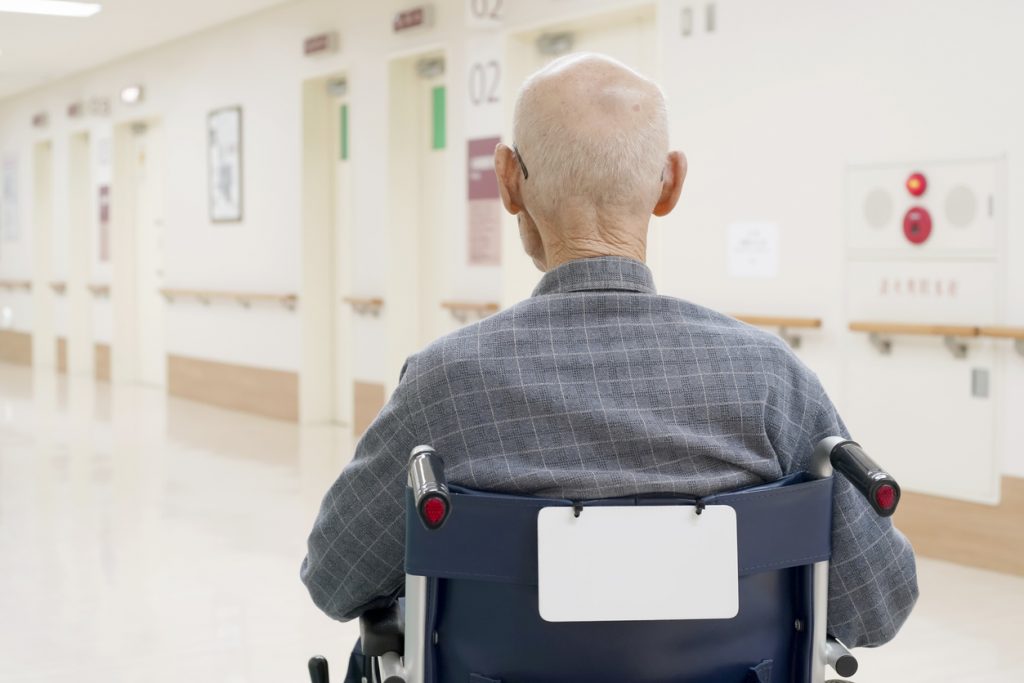
Understaffing is a significant contributor to increased nursing home abuse. Harried and stressed workers are more likely to become abusive towards residents. In addition, understaffing dramatically increases the likelihood of neglect since employees do not have the time to properly care for each resident. Unfortunately, understaffing is more the rule than the exception in many nursing homes.
If your loved one has been abused or neglected because of nursing home understaffing, a personal injury attorney at Crowe Arnold & Majors, LLP can hold the facility accountable.
Understaffing in Texas Nursing Homes
Understaffing in nursing homes is rampant for several reasons. First, roughly 70 percent of U.S. nursing homes are for-profit entities. Keeping staffing levels and salaries down affects the bottom line. Because nursing home employees usually receive low wages and few benefits, turnover is high.
The remaining employees have to take up the slack and care for more residents with fewer resources. Some nursing homes have difficulty finding trained, certified staff. They make up the difference by offering overtime to employees. While staff members make more money with overtime, it contributes to burnout. Employees may end up working 12 hour days.
Call Now For a FREE Consultation!
Nursing home abuse and neglect results when stressed, overworked employees cannot deal with the workload. Because Medicare does not mandate a staff-to-resident ratio, they are often scrambling to keep up with their many caregiving duties.
As the Baby Boomer generation enters their golden years, nursing home care demand will only increase. Overall, more people are living into their 80s, 90s, and past the century mark. Unless nursing home operators find themselves liable for the staffing shortage in their facilities, such neglect and abuse will only worsen.
The Consequences of Understaffing Nursing Homes
Too few people looking after a vulnerable population can cause serious, even fatal, consequences. Many of these injuries are preventable and include:
- Bedsores
- Dehydration
- Falls
- Hygiene issues
- Lack of sanitation
- Malnutrition
- Medication errors
- Poor infection control
Changes in a resident’s physical or mental health are often subtle at first. When employees are trying to get their work done, they may not notice signs that something is amiss with the resident. A relatively minor issue grows into a severe problem with serious or even fatal repercussions if nothing is done.
Moreover, tired, overburdened staff are more likely to react with physical or verbal abuse against residents. Physical abuse does not involve just hitting or illegally restraining a resident. It also includes passive abuse– the resident’s clothes or bedding is not changed, inadequate food and water are provided, or immobile residents do not receive assistance to use the bathroom.
Workers may use force on a slow or uncooperative resident. Dementia patients often behave aggressively. An exhausted or untrained staff member is more likely to lose their temper. Residents are ignored, treated like children, intimidated, or kept away from friends in the facility.
Contact our team of Dallas Elder Abuse Lawyers for a free consultation
If your loved one has suffered from abuse or neglect, you need the services of an experienced Dallas nursing home lawyer at Crowe Arnold & Majors, LLP. Call or text us today to schedule a free, confidential consultation, or submit our online form.
By filing a lawsuit, you not only protect your relative but may benefit other residents of the facility. Our work is performed on a contingency basis, so there is no fee unless we win.





